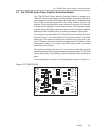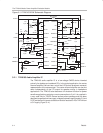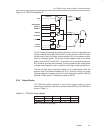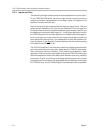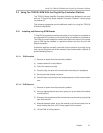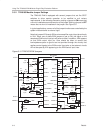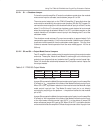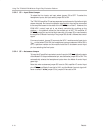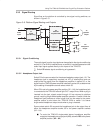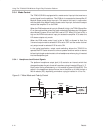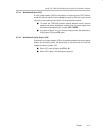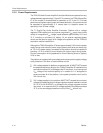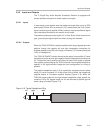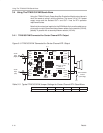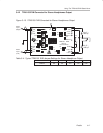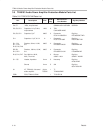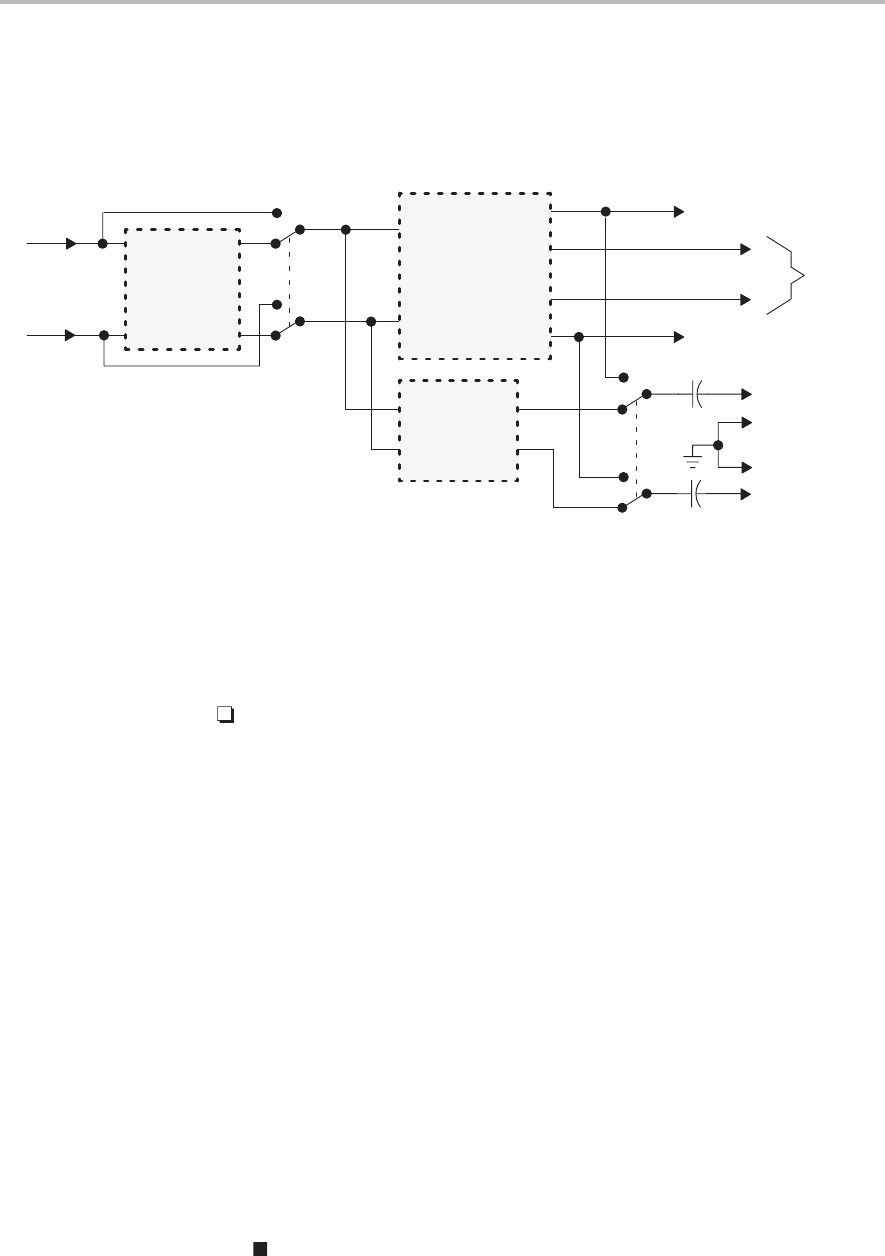
Using The TPA0103 EVM With the Plug-N-Play Evaluation Platform
3-11
Details
3.3.3 Signal Routing
Signal flow on the platform is controlled by two signal routing switches, as
shown in Figure 3–5.
Figure 3–6. Platform Signal Routing and Outputs
U1
Signal
Conditioning
On
Off
U5
Stereo
Headphone
Amplifier
S2
R
L
R
L
L
U5
U2–U4
S3
J10
Headphone
Output
R
L
Audio
Input
R
L
J8
Speaker
Output
R
+
+
–
–
U2
TPA0103
Amplifier EVM
+
+
–
–
GND
3.3.3.1 Signal Conditioning
The audio signal from the input jacks can be applied to the signal conditioning
socket (U1) if an EVM is installed there, or socket U1 can be bypassed and the
audio input signal applied directly to the inputs of the TPA0103.
Switch S2 selects signal conditioning or bypasses it.
3.3.3.2 Headphone Output Jack
Switch S3 is the source select for the stereo headphone output jack, J10. The
headphone jack is capacitively coupled (via 470 µF electrolytics) and can
output either the signal from the headphone amplifier in socket U5, or the
signal from the TPA0103 power amplifier installed in socket U2, as determined
by the setting of headphone source select switch S3.
When S3 is set to the power amplifier position (U2 – U4), the headphone jack
is connected to the TPA0103 left and right OUT+ output lines. When a plug is
inserted into the jack, signals output through J10 are returned to platform
ground, requiring single-ended power amplifier operation. A switch inside the
headphone jack produces a control signal that can be routed to the power
amplifier socket to shut down the TPA0103 EVM or switch it to stereo
single-ended headphone output mode when a plug is inserted.
Source select switch S3 connects the headphone jack to the output lines of
either the headphone amplifier socket U5 or the power amplifier sockets
(U2 – U4).
To route the TPA0103 single-ended stereo headphone amplifier
outputs to the headphone output jack (J10), set switch S3 to the power
amplifier position (
U2 – U4
)
.



